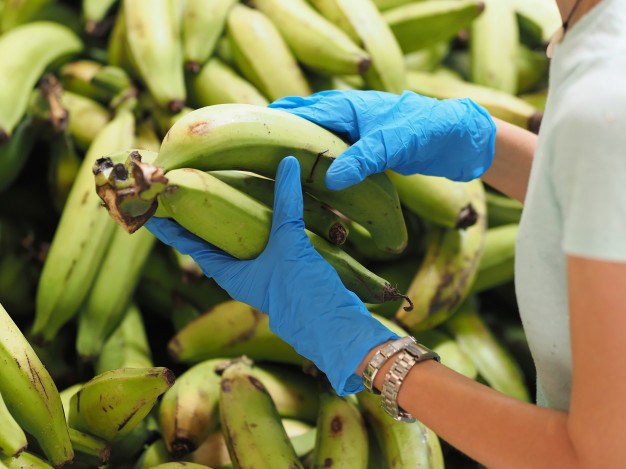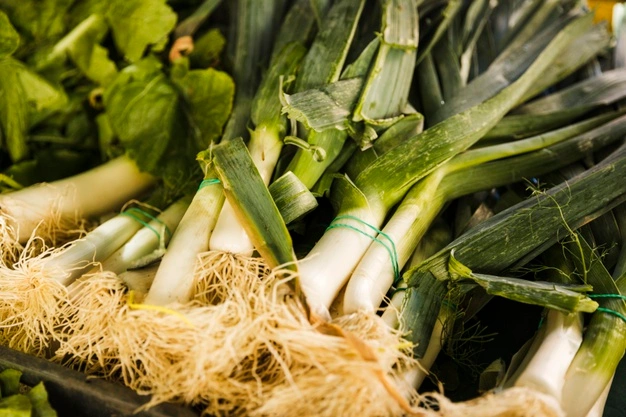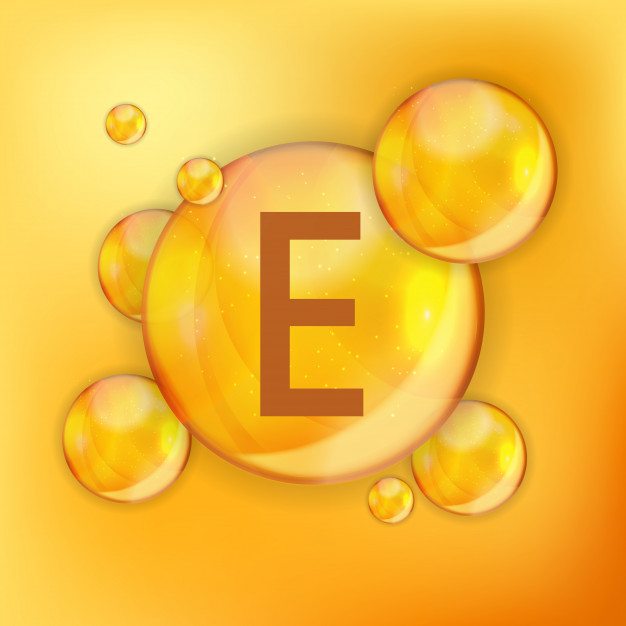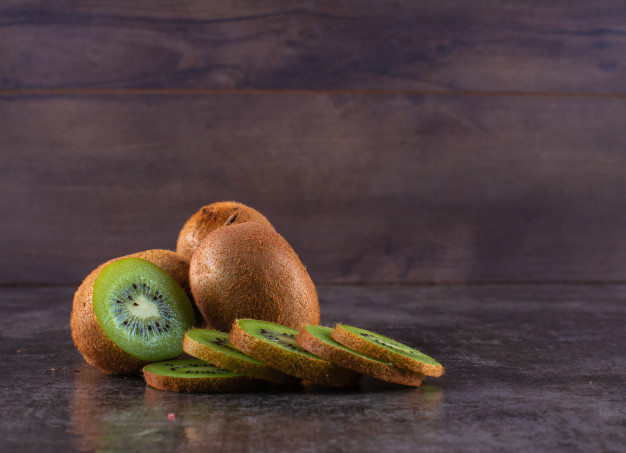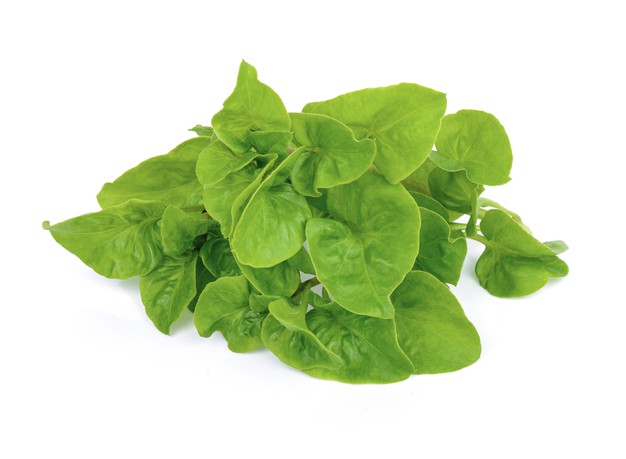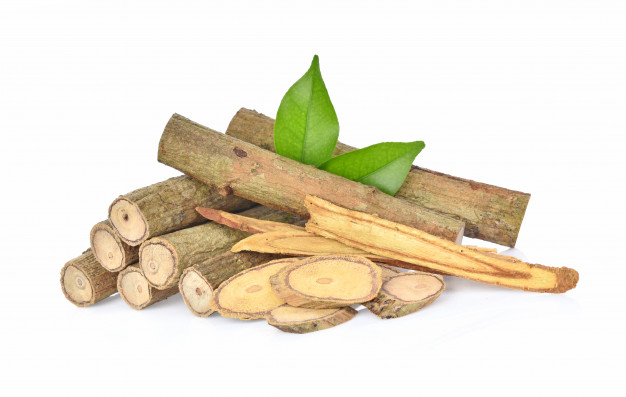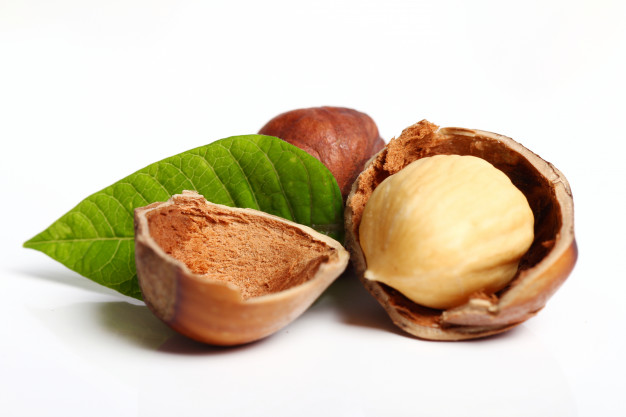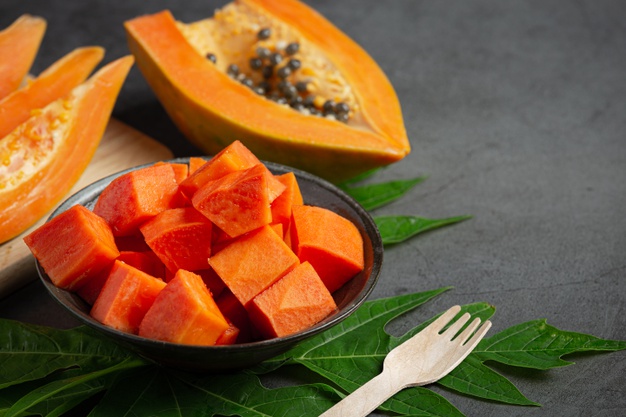Plantain is a nutrient dense food belongs to Musaceae family. It has been extensively used for numerous therapeutic purposes.
Difference between plantain and banana
Though plantain and banana belongs to same botanical family but there are several differences among them, which include –
- Plantain is relatively larger than banana
- The color of the outer skin of banana is yellow whereas the outer skin of plantain is green in color and the skin of the plantain is comparatively thicker than banana
- Banana is sweet in taste whereas plantain is not too much sweet
- Plantain is comparatively more starchy than banana
- Banana can be consumed raw but plantain requires proper cooking as it cannot be consumed raw due to its toughness
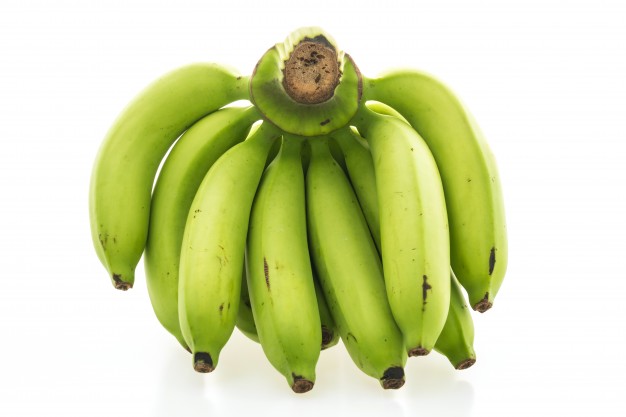
Nutritional profile
- It contains desirable amount of carbohydrate. It is mainly composed of dietary fibre, resistant starch and natural sugar. As it ripen, then the amount of fibre gradually decreases and the amount of natural sugar increases
- It contains adequate amount of protein as well
- It is considered as low fat food, as it does not contain enough fat but it has high fat absorption capacity that means it can easily absorb fats or oils when it is cooked within it
- It is packed with numerous micronutrients such as Vitamin A, Vitamin K, Vitamin C, Vitamin B6, Vitamin B9, potassium, magnesium, iron and copper
- It also contains various phytonutrients, which are responsible for exhibiting several nutraceutical activities

Biological activity
Antioxidant activity
- Its micronutrient and phytonutrient contents are considered as the main components accountable for exerting antioxidant activity
- It helps to protect the body from the detrimental effects of free radicals and reactive oxygen species thus decreases the risk of developing chronic diseases
Anti-inflammatory activity
- It contains various anti-inflammatory compounds like flavonoids, tannins, glycosides and terpenoids that help to decrease inflammation
- It mainly helps to reduce the concentration of pro-inflammatory mediators in body, which are responsible for triggering inflammation
Health benefits
Role on immune system
- Plantain contains numerous immune boosting nutrients that play imperative role in strengthening the immune system
 It helps to enhance the activity of immune cells as well
It helps to enhance the activity of immune cells as well- Vitamin C component of plantain helps to stimulate the synthesis of WBC in body, which ultimately helps the body to fight against infections
- Its antioxidant activity is also related with supporting the immune system to neutralize free radicals hence decreases cellular damages
- It is better to include plantain in diet for reducing the susceptibility of becoming ill
Role on digestive health
- Consumption of plantain is extremely useful for maintaining a healthy digestive system
- It helps to promote the digestion of foods
- It contains significant amount of fibre that helps to ensure healthy bowel. It is associated with increasing bowel movement that promotes regularity. On the other hand it is also related with increasing stool mass and softness. Both of these features are accountable for preventing constipation
- It enhances peristalsis as well, which subsequently improves colonic health and lessen the risk of developing diverticular disease
- It is very effective for preventing hemorrhoid too
- Resistant starch present in plantain acts as probiotic, which helps to enhance the growth of intestinal beneficial microbes hence improve gut health
Role on nervous system
- It helps to promote the overall functionality of nervous system
- Its vitamin B6 content plays imperative role in facilitating brain’s growth and activity
- It is also associated with protecting neurons from free radical induced oxidative damages thus significantly decreases the prevalence of neurological disorders
- It helps to enhance the activity of neurotransmitters as well
- Its consumption is also very effective for improving cognition

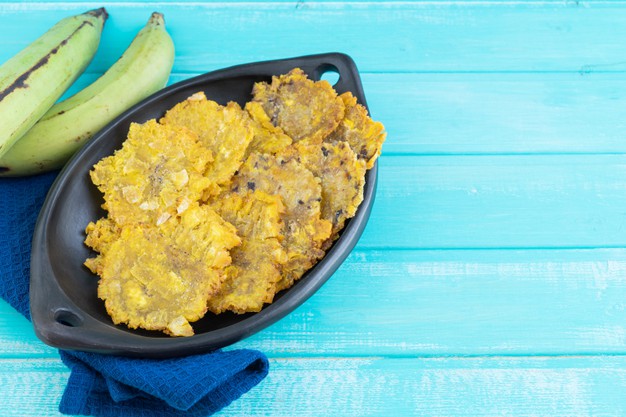
Role on mental health
- It is better to include plantain in diet for preventing depression. It has seen that its vitamin B6 and magnesium components are responsible for preventing depressive symptoms by about 40%
- Its consumption is also very effective for enhancing mood as it contains desirable amount of Vitamin B6, which is closely related with synthesizing various brain chemicals like dopamine, serotonin, gamma amino butyric acid and norepinephrine, all of these brain chemicals are responsible for improving mood as well as behavior
Role on weight management
- Consumption of plantain helps in maintaining ideal body weight
- Its high fibre content makes it an effective remedial action for obesity as fibre helps to prevent hunger by providing a feeling of stomach fullness thus its consumption is associated with providing satiety with less calories
- It also helps to decrease overall body fat percentage
Role on maternal health
- Plantain is a good source of iron as well as folic acid thus it is considered as one of the most important therapeutic substances of gestational period. Its iron content helps in promoting hemoglobin synthesis, which ultimately supports the increased maternal blood volume. Whereas, its folic acid content also plays imperative role in the maturation of RBC and it helps to decrease the prevalence of birth defects as well
- On the other hand its carotenoid content helps to improve Vitamin A status thus plays vital role in decreasing the risk of preterm delivery as vitamin A deficiency is closely related with increasing the prevalence of preterm delivery
- Moreover consumption of plantain during pregnancy is extremely beneficial for ensuring healthy pregnancy outcome

Role on skin
- Its antioxidant activity plays significant role in improving skin health as it helps to protect the skin from oxidative damages. It is also related with decreasing the progression of ageing process
- Vitamin C present in plantain helps in collagen synthesis that ultimately helps to improve skin elasticity
- Its consumption is very beneficial for improving the symptoms of dermatitis as it possesses anti-inflammatory property, which helps to treat inflamed skin more effectively
- It helps to treat acne as well
Disease preventive role
- It plays imperative role in decreasing blood sugar concentration. Resistant starch component of plantain is responsible for promoting glycemic control as it helps to decrease the rate of glucose absorption from intestinal epithelial cells thus reduces postprandial glucose spike
- Its potassium content plays important role in preventing hypertension
- Being a good source of iron it helps in hemoglobin synthesis as a result its consumption significantly decreases the prevalence of iron deficiency anemia
- It also helps to decrease the concentration of cholesterol in body thus plays imperative role in protecting the body from the harmful effects of hypercholesterolemia
- It has seen that it is directly linked with decreasing the concentration of bad cholesterol (LDL) in body whereas helps in improving good cholesterol (HDL) and this feature is absolutely helpful for improving cardiac functionality. It also helps to decrease the prevalence of atherosclerosis, coronary artery disease, angina pectoris and heart attacks

Culinary uses
- It can be baked or boiled before consumption
- It can be used for preparing soups or stews
- It can be cooked with chickpeas for preparing spicy curry
- It can also be used to prepare lighter snack like plantain chips
- Chunk of plantain especially ripen plantain can be added to black bean chili as well
Risk factors
- As it is rich in fibre thus its over consumption may cause various digestive issues like flatulence, bloating, indigestion etc
- It also contains natural sugar thus excessive consumption of plantain may increase the risk of hyperglycemia
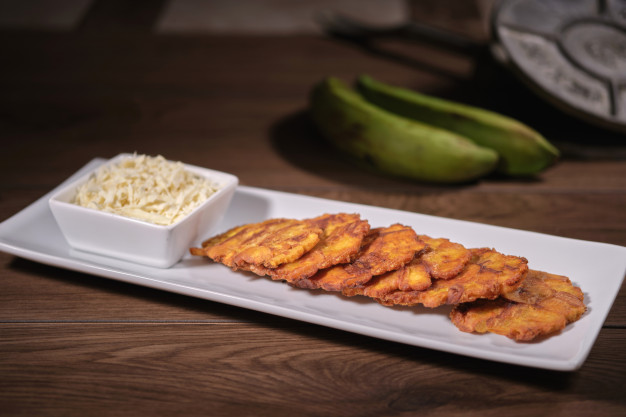
Source:
ADEOYE, I. and AMAO, I., 2020. Consumer Attitudes and Perception on Plantain Flour. PAT, 16(1), pp.1-8.
De Langhe, E., Swennen, R. and Vuylsteke, D., 1994. Plantain in the early Bantu world. Azania: Archaeological Research in Africa, 29(1), pp.147-160.
Gutiérrez, T.J., 2018. Plantain flours as potential raw materials for the development of gluten-free functional foods. Carbohydrate polymers, 202, pp.265-279.
Nelson, S.C., Ploetz, R.C. and Kepler, A.K., 2006. Musa species (banana and plantain). Species profiles for Pacific Island agroforestry, 15(2), pp.251-259.
Stewart, A.V., 1996, January. Plantain (Plantago lanceolata)-a potential pasture species. In Proceedings of the New Zealand Grassland Association (pp. 77-86).
Vuylsteke, D., Ortiz, R., Ferris, R.S.B. and Crouch, J.H., 1997. Plantain improvement. Plant breeding reviews, 14, pp.267-320.
